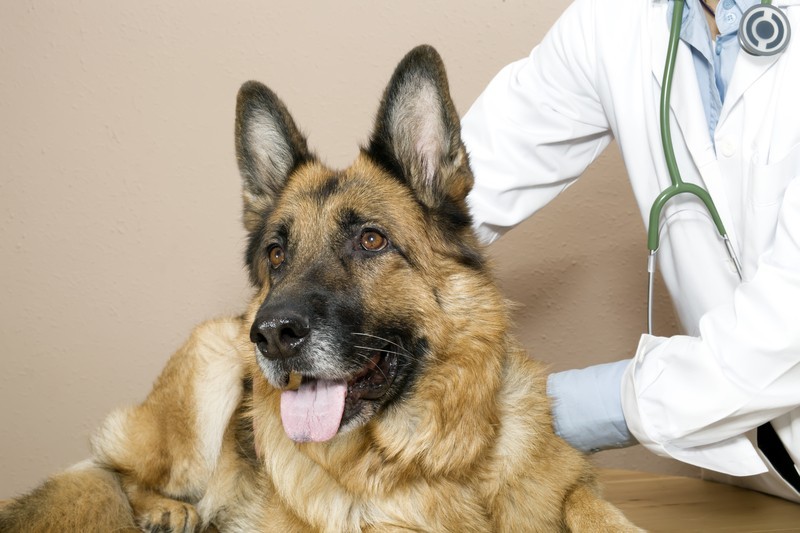Once you have found a vet that's a great fit for your pet, realize that things may change over time. You may need to find a new vet, consult a specialist, or move to a new city and start all over again. Wherever you go keep the needs of your furry friend in mind and follow your gut when deciding on a veterinarian.
When selecting a veterinarian, you're doing more than searching for a medical expert. You're looking for someone to meet your needs and those of your pet, a doctor who has people as well as animal skills.
How to find the right veterinarian
The best way to find a good veterinarian is to ask people who have the same approach to pet care as you.
Look in the Yellow Pages under “Veterinarians” and “Animal Hospitals,” where you can likely find important information about hours, services and staff.Once you've narrowed your search, schedule a visit to meet the staff, tour the facility and learn about the hospital's philosophy and policies.
What to look for in a veterinary practice
• Is the facility clean, comfortable and well-organized?
• Are appointments required?
• How many veterinarians are in the practice?
• Are there technicians or other professional staff members?
• Is the staff caring, calm, competent and courteous, and do they communicate effectively?
• Are X-rays, ultrasound, bloodwork, EKG, endoscopy and other diagnostics done in-house or referred to a specialist?How to be a good client
Having good client manners encourages a happy relationship with your vet.
• See your vet regularly for preventive visits, not just when your pet becomes ill.
• Learn what's normal for your pet, so you recognize the first signs of illness.
• Schedule appointments and be on time.
• Even if you have an emergency, call ahead to ensure that the veterinarian's available.What to do when you aren't happy with your veterinarian
If you feel that your veterinarian isn't meeting your needs as a client or the needs of your pet as a patient, it may be time to find a new one.
The relationship between a vet and client always goes both ways, so don't assume the vet is wrong. Communicate effectively and try to resolve conflicts when they arise. Also, be sure to do your research in regards to how to handle disputes such as reading more about it on The Humane Society.
If you aren't satisfied with the resolution you may need to find a new vet or consult another one for a second opinion. Keep your pooch healthy and strong by doing what you feel is always best for your pooch!










